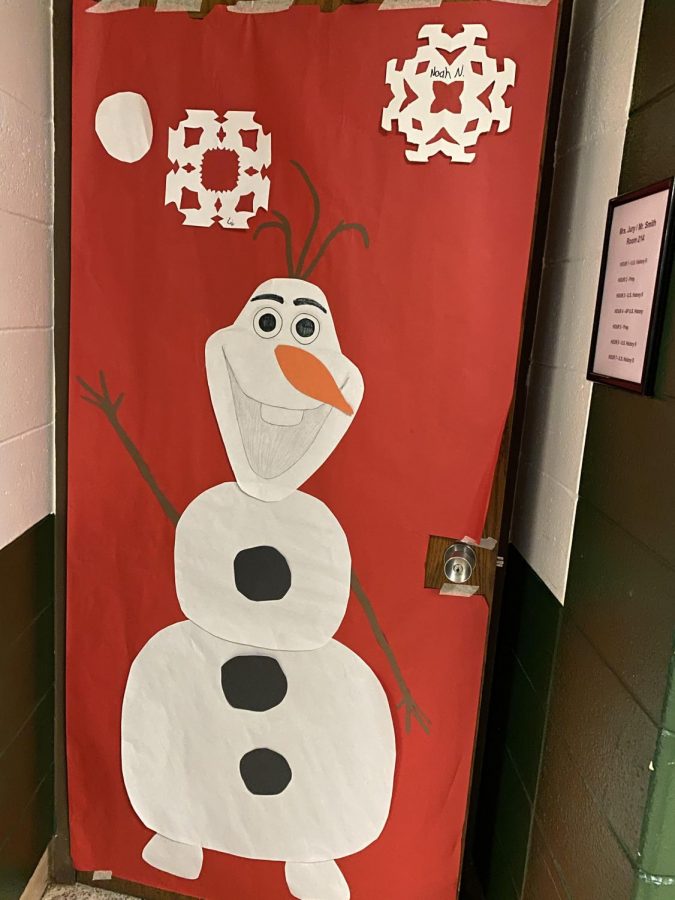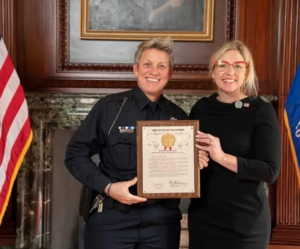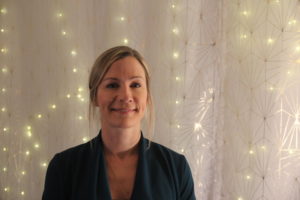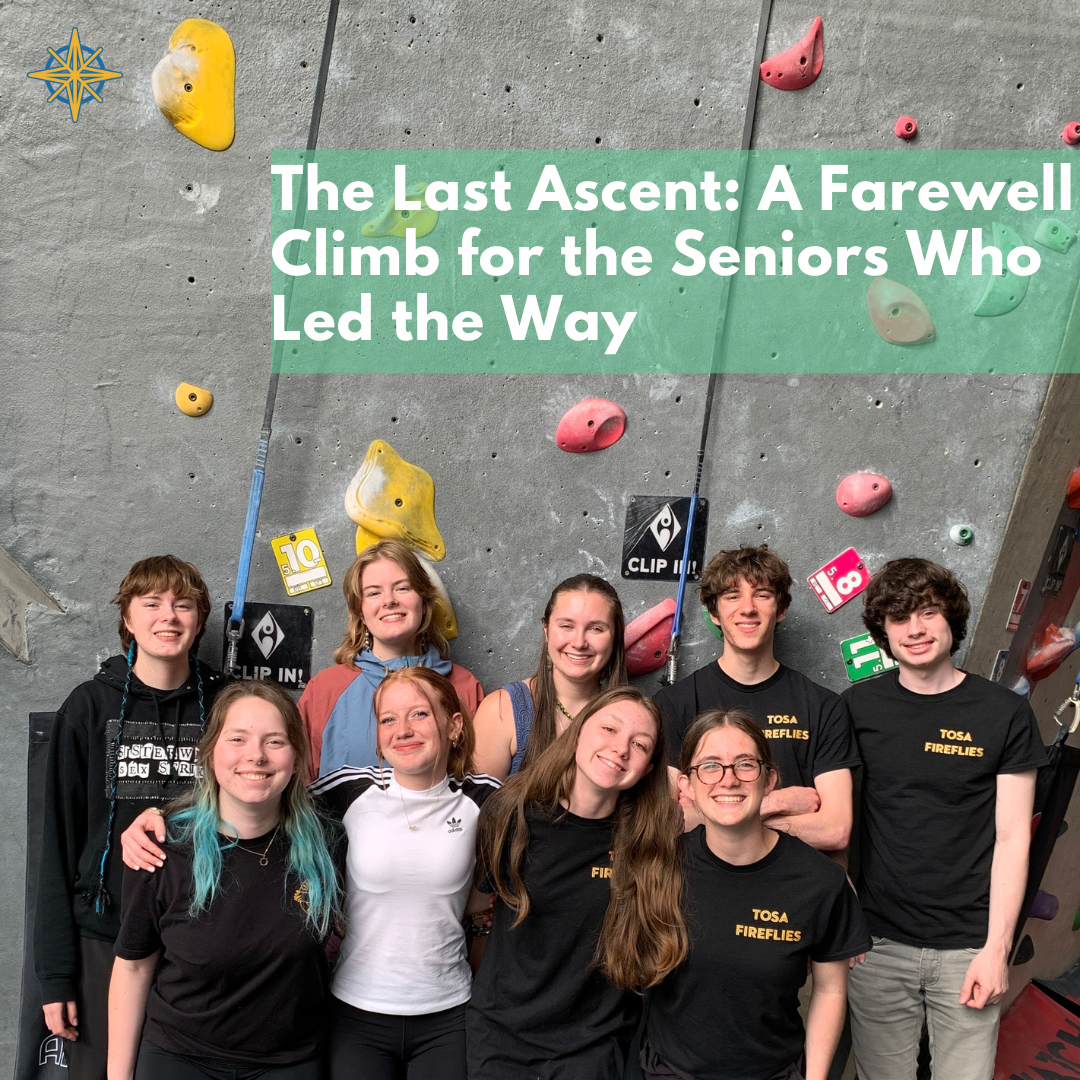Holiday Traditions in the Wauwatosa West Community
Wauwatosa West classroom door decorated for the holiday season.
January 14, 2020
From the middle of November to the beginning of the New Year one can hear Christmas music filling one’s ears in every direction. Walking into the malls one notices almost every store has a sign that marks prices down by 50 %. People dress as Santa Clause on street corners. The hardest part is scrolling through every channel and watching every classic Christmas movie known to man.

In the United States, only 31.2 % of people practice Christianity and another 24.1 % are Muslim and the other 44.7 % practice another religion according to Pew Research Center.
Not all Wauwatosa West students celebrate the holidays in the same way.
Malahat Ali is a Senior at Wauwatosa West. Ali and her family practice the Islam Faith.
Malahat and her family don’t normally have a tradition; they continue on with their daily lives during this time of year.
“During the holidays my family doesn’t celebrate anything as Islamically, Muslims don’t celebrate Christmas, Hanukkah, or Kwanza,” says Ali
Malahat and her family are apart of the Ahmadiyya Muslim Community.
Mirza Ghulam Ahmad founded the Ahmadiyya Muslim Community back in 1889 as a revival movement within Islam, emphasizing its essential teachings of peace, love, justice, and sanctity of life.
Today, the Ahmadiyya Muslim Community is the world’s largest Islamic community under one Divinely appointed leader, His Holiness, Mirza Masroor Ahmad. The Ahmadiyya Muslim Community spans over 200 nations with membership exceeding tens of millions.
“We don’t have a holiday similar to Christmas as Christmas is meant to celebrate the birth of Jesus peace be upon him (pbuh). Eid can be considered an Islamic holiday, but it is celebrated in remembrance of God’s mercy upon man, not the birth of anyone,” said Malahat Ali.
Eid al-Fitr is a time to celebrate the end of the holy month of Ramadan and a time to be grateful for the blessings this holy month brings.
“During this month the idea of fasting during Ramadan is meant to inspire sympathy for the hungry and poor and to encourage giving to charity. So Muslims try to focus on that feeling of gratefulness,” said Ali.
The Islamic calendar is based on the lunar cycles, therefore, the dates for each month change per the moon cycles. Ramadan begins when the first sliver of the moon is visible after the Islamic month of Sha’ban.
The only time this doesn’t hold true is when Ramadan moves up into winter. Every year Ramadan shifts about 1 – 2 weeks back, but Ramadan won’t be observed in winter for about another 5 or so years.














